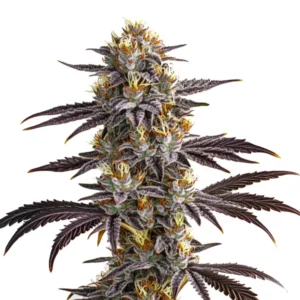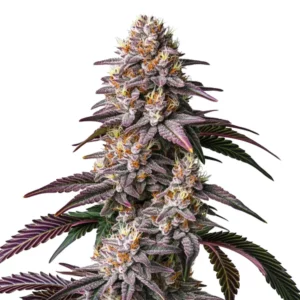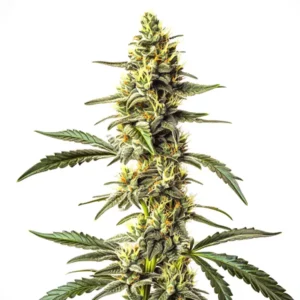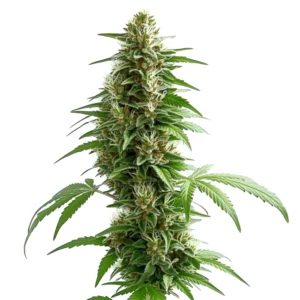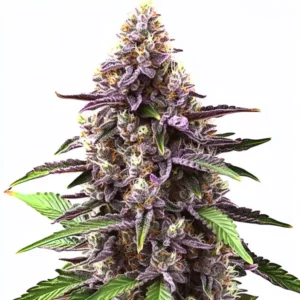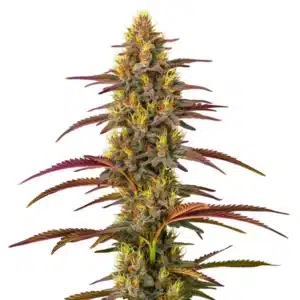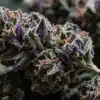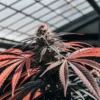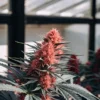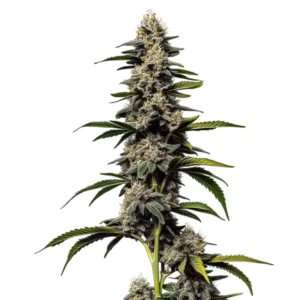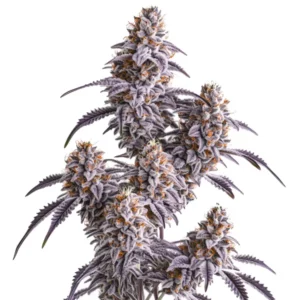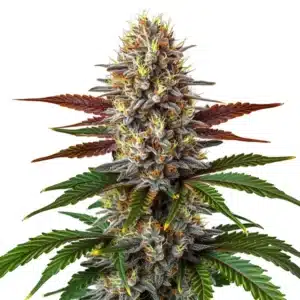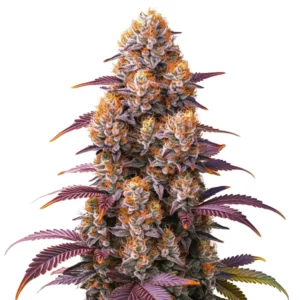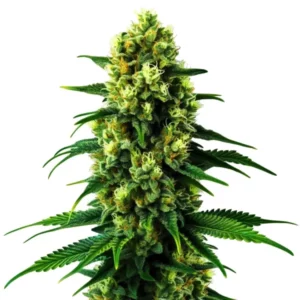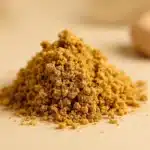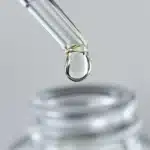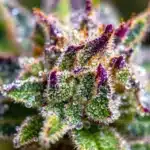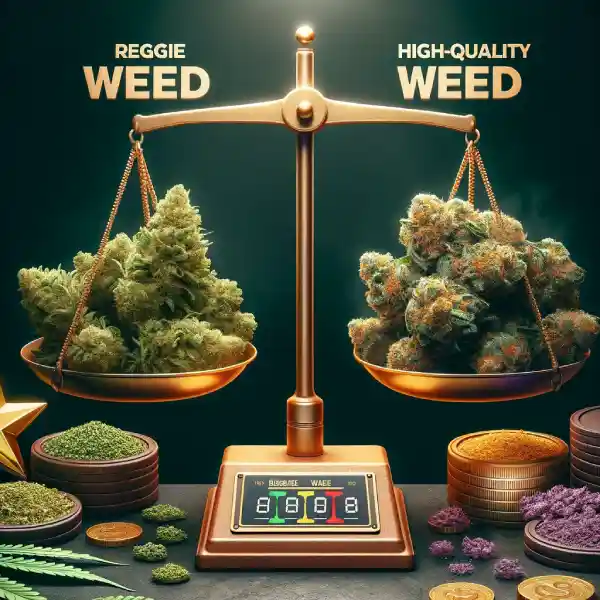
A Grower’s Guide to “Reggie” Cannabis (And Why You Can Do Better)
Let’s talk about “reggie.” It’s the slang for regular, low-grade, budget cannabis. But I don’t like to call it “bad” cannabis. I prefer a more accurate and respectful term: it’s cannabis that had a hard life.
Reggie is a plant that ran into problems. It’s a plant that struggled during its cultivation or was treated poorly after the harvest. It’s still cannabis, it’s generally suitable for consumption, and it’s always cheaper. But it is a shadow of what it could have been. Understanding what reggie is means understanding the mistakes that create it.
Recommended Strains
Gelato Auto
|
|
THC | 19% - 21% (Medium) |
|
|
Type | Autoflowering |
|
|
Yield | Medium |
|
|
Phenotype | 40% Indica / 60% Sativa |
Gelato 41
|
|
THC | 24% - 29% (High) |
|
|
Type | Feminized |
|
|
Yield | High |
|
|
Phenotype | 55% Indica / 45% Sativa |
How to Read the Story of a Hard Life
You can tell a lot about a plant’s life story just by looking at it. Reggie tells a tale of struggle.
- The Look: The color is often a dull, brownish-green. The buds are typically loose, leafy, and airy. You’ll likely find more than a fair share of stems and seeds. This tells a story of a difficult grow. All the mistakes a grower can make, drought, pests, bad nutrition, are paid for in the final product. A stressed plant doesn’t have the energy to form dense, heavy, compact flowers, so the buds end up light and fluffy.
- The Smell & Feel: Reggie often has a generic, grassy or hay-like smell. It’s usually dry and crumbles easily, with very little stickiness. This tells a story of a bad post-harvest process. Even a beautifully grown plant can be turned into reggie if it’s dried too quickly or, heaven forbid, in the sun. That hay smell is the tragic sound of all the beautiful, flavorful terpenes being cooked away.
- The Effect: The high from reggie is typically mild, short-lived, and sometimes can even come with a headache, often a direct result of that poor, rushed dry and cure.
Promos & Deals
The Goal is to Thrive
While reggie has its place, the goal of a true grower is to Nurture a plant so it can express its full, magnificent genetic potential. You, as the grower, have the power to prevent a “hard life.”
By providing a stable environment, you avoid the stress that creates reggie. A happy, well-cared-for plant will reward you with the dense, sticky, terpene-rich flowers it was always meant to be. You’re not just getting a better product; you’re honoring the plant’s potential. That is the true goal of any Homegrown journey: to help your plants Thrive.

Frequently Asked Questions
What is “reggie” cannabis, in simple terms?
Think of it as “cannabis that had a hard life.” It’s a lower-grade product that is the result of problems during the growing process (like pests or drought) or, very commonly, a rushed and improper drying and curing process after harvest.
What causes cannabis to become “reggie”?
Two main things: a stressful grow or a bad post-harvest process. Any major stress during the plant’s life (pests, nutrient problems, inconsistent watering) will result in lower-quality buds. Additionally, even a perfect plant can be turned into reggie if it’s dried too quickly, in a hot or bright room, which destroys the flavor and potency.
Why are reggie buds often so light and airy?
Because a stressed plant doesn’t have the energy to produce dense flowers. It puts all its resources into simply surviving. As a result, the buds never fully compact and gain the weight and density that you see in high-quality cannabis.
Is reggie cannabis safe to smoke?
Generally, yes, but you should always inspect it carefully. Because it’s often poorly dried and cured, it’s much more likely to have mold, which is NOT safe to smoke. If it passes the visual and smell test (no musty, moldy smells), it’s likely safe, but it will be a harsher, less flavorful, and much less potent experience.


